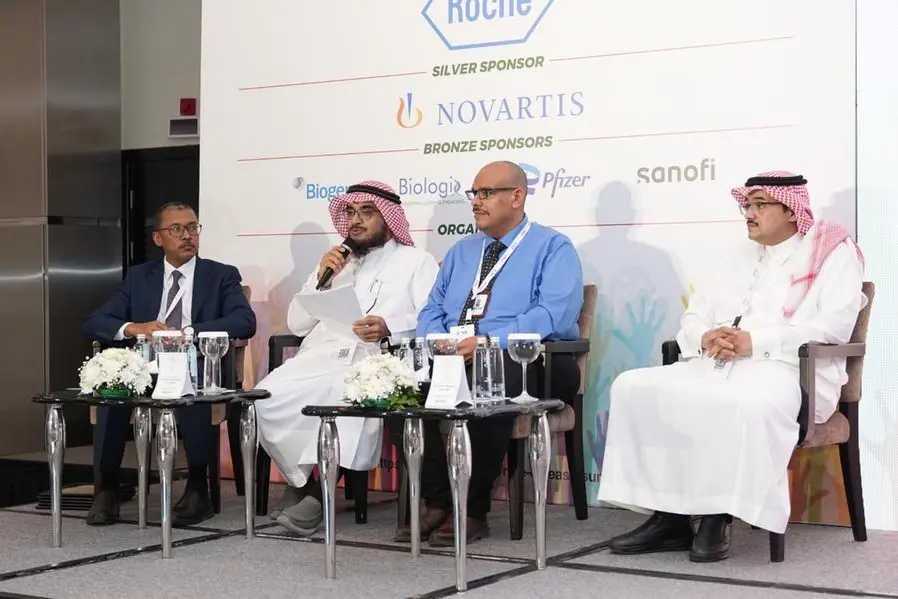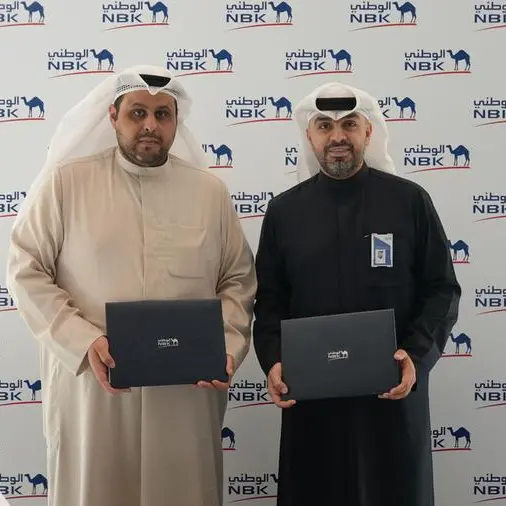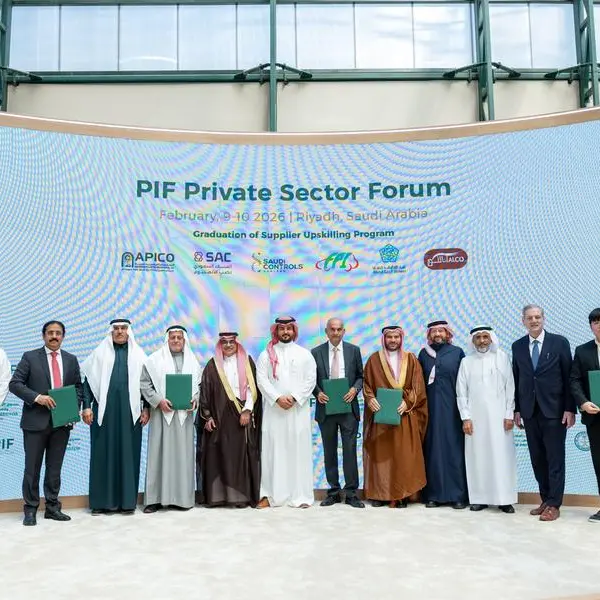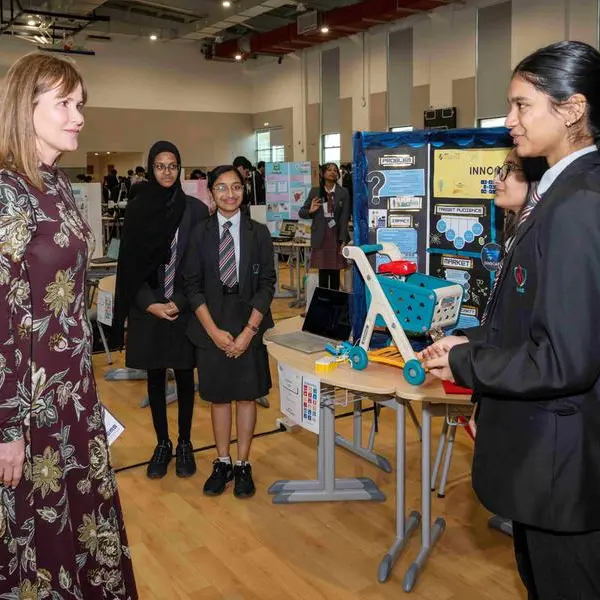PHOTO
- Saudi Rare Disease Summit discussed the latest treatments and the role of artificial intelligence in diagnosing and treating these diseases
- With the participation of more than 400 local, regional, and international experts
Riyadh, Kingdom of Saudi Arabia: 400 local, regional, and international experts discussed the latest topics, treatments and the role of artificial intelligence in diagnosing and treating Rare Disease, at The Saudi Rare Disease Summit held in Riyadh, the leading summit regionally in line with the Rare Disease Day, and organized by the Saudi Pediatric Neurology Society (SPNS), and Maarefah Management the world-class events management company, and accredited by the Saudi Commission for Health Specialties, and supported by the Rare Disease Day.
Prof. Ahmed Al-Jedai, Assistant Deputy, Minister for Medical Support Services, Deputyship of Therapeutic Affairs, Ministry of Health, KSA. Said: “The best way to transform health care is to focus on the value for patients. This is the true definition of Value-Based Care”.
Prof. Fahad Al Bashiri, professor, consultant pediatric neurologist and epileptologist, college of medicine, King Saud University Medical City, King Saud University, KSA and chairman of Saudi Rare Disease summit, said: “Around 300 Million people worldwide are affected by a rare disease 72% of rare diseases have genetic etiology, and majority has associated neurological manifestations, 85% of rare diseases has physical and mental health effects, The World Health Organization defines a rare disease as one that affects fewer than 65 per 100,000 people”.
“The experts in Rare Disease discussed at The Saudi Rare Disease Summit a wide range of topics related to rare diseases, from cutting-edge research to patient-centric approach, as well as novel therapies and treatments, the event is a unique platform that explore the area of rare diseases and fosters collaboration among diverse stakeholders, such as researchers, clinicians, caregivers, and policymakers for optimizing patients’ care”. Added Prof. Fahad Al Bashiri.
Dr. Mohammed Al Shehri, General Director Assistant, National Health Information Center, Saudi Health Council, KSA, said: “Enhancing the healthcare sector is at the core of the objectives of Vision 2030 in the Kingdom, this is through ease of access to healthcare services, improving the value of healthcare services, and strengthening prevention against health threats”. “The National registries strategy development project is comprised of three phases: Understand KSA registry landscape, define KSA registry strategy, and develop implementation roadmap. The Saudi national portfolio of registries will facilitate the collection and reporting of quality national health data to enable each registry to serve its target population, a health registry is a collection of uniform data focused on a patient group (diseases, procedure, devices). It tracks metrics over time including outcomes, process, and socio-demographic and shares reports on a frequent basis”.
Dr. Basim Alsaywid, Director of Education and Research Skills, Saudi National Institute of Health, KSA. Commented: “Establishing a rare disease registry is essential for better understanding the prevalence, characteristics and needs of individuals affected by rare diseases. This data is invaluable for shaping healthcare policies, improving patient care, and facilitating the possibility of enrolling these patients in international clinical trials, expanding their access to cutting-edge treatment and advancing global rare disease research efforts”.
The list of local, regional and international speakers experts in the field of rare diseases included: Prof. Fahad Al Bashiri, professor, consultant pediatric neurologist and epileptologist, college of medicine, King Saud University Medical City, King Saud University, KSA and chairman of Saudi Rare Disease summit. Prof. Ahmed Al-Jedai, Assistant Deputy Minister for Medical Support Services, Deputyship of Therapeutic Affairs, Ministry of Health, KSA. Dr. Khalid Hundallah, consultant pediatric neurologist, Prince Sultan Medical Military City, vice president, Saudi Pediatric Neurology Society, KSA. Dr. AbdulAziz Al Ghamdi, pediatric neurologist and epileptologist consultant, Prince Sultan Military Medical City, KSA. Dr. Ahmed Alanazi, Assistant Professor of Pediatrics, Imam University, Riyadh, KSA, Consultant pediatric neurology KSUMC, KSA. Dr. Aqeela Alhashem, consultant pediatric neurologist- neuro geneticist, National Neuroscience Institute, King Fahad Medical City, KSA. Dr. Musaed Abukhalid, consultant pediatric neurology, epilepsy and stroke, section head of pediatric neurology, King Faisal Specialist Hospital & Research Centre, KSA. Dr. Malak Alghamdi, medical geneticist, head of medical genetic division, King Saud University Medical City, KSA. Dr. Ahmed Bamaga, consultant pediatric neurologist & neuromuscular disorders, associate professor, King Abdulaziz University, KSA. Prof. Eugenio Mercuri, Professor, Catholic University, head of pediatric neurology Unit, Policlinico Gemelli, Italy. And more.
For more information about the Saudi Rare Disease Summit, please visit: https://spnsociety.com/rare-disease-summit




















